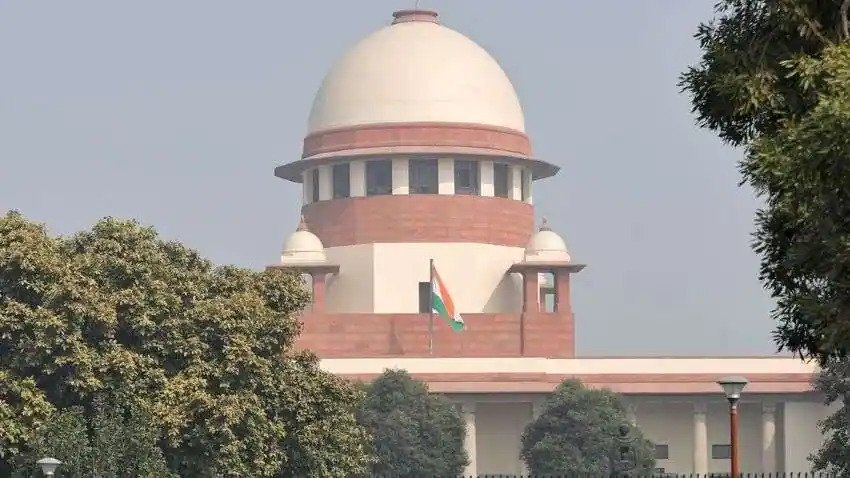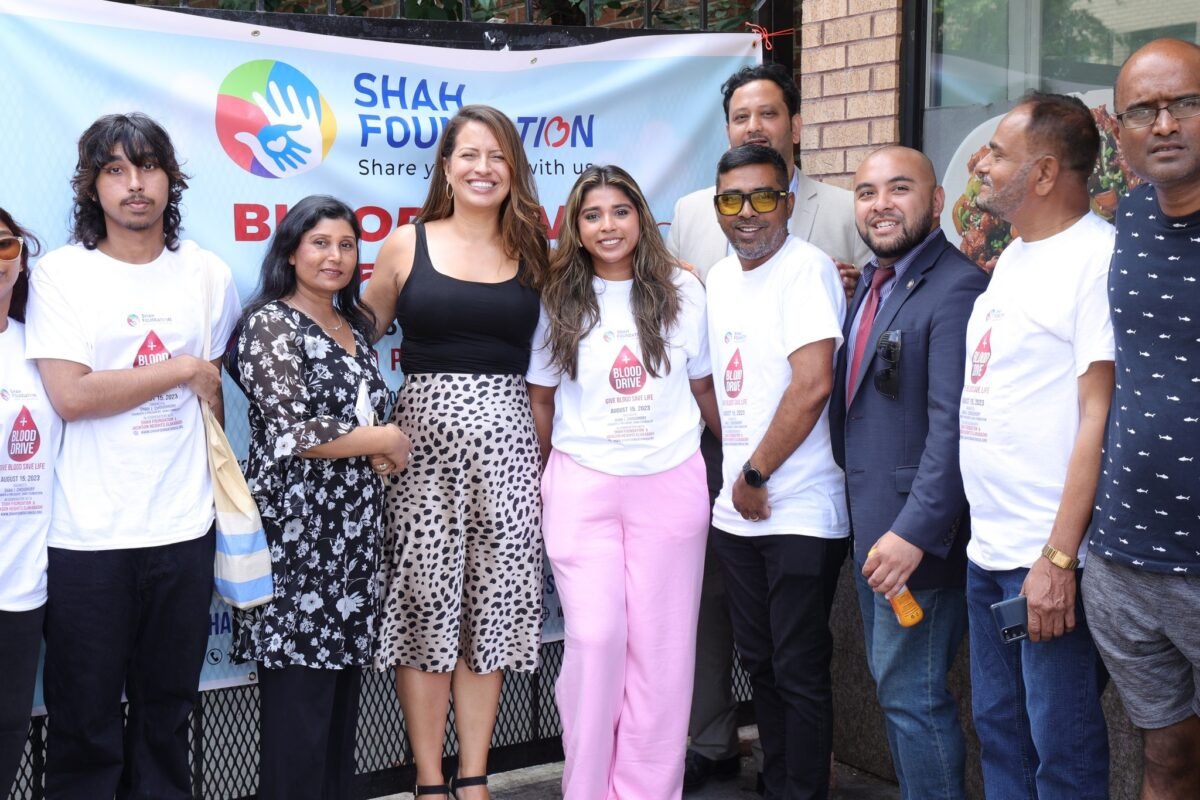The Bench commenced hearing a batch of pleas challenging the August 1 decision of the Patna High Court, which gave the go-ahead to the caste survey. Some of these petitions have claimed the exercise was an infringement of the people’s right to privacy.
The Supreme Court on Friday asked the petitioners challenging the Bihar caste survey what was the violation of privacy in asking people to disclose their caste after the latter contended that the exercise was clearly in violation of the top court’s nine-judge decision in the privacy case wherein it was held that the state cannot encroach on the privacy of individuals without a law to back it.
“What is the question of privacy here… if somebody is asked to give caste or sub-caste? In a state like Bihar, caste is known to neighbours… Which of these 17 questions (asked as part of the survey) invades privacy,” asked Justice Sanjeev Khanna, presiding over a two-judge Bench, and said the exercise was carried out on the strength of an executive order.
The Bench commenced hearing a batch of pleas challenging the August 1 decision of the Patna High Court, which gave the go-ahead to the caste survey. Some of these petitions have claimed the exercise was an infringement of the people’s right to privacy.
Senior advocate C S Vaidyanathan, representing NGO Youth for Equality, referred to the Bench, also comprising Justice S V N Bhatti, what Justice D Y Chandrachud (currently Chief Justice of India), while writing for the nine-judge Bench, had said in the August 24, 2017 K S Puttaswamy judgment.
The SC, he pointed out, had said that “while it intervenes to protect legitimate state interests, the state must nevertheless put into place a robust regime that ensures the fulfillment of a threefold requirement. These three requirements apply to all restraints on privacy (not just informational privacy). They emanate from the procedural and content based mandate of Article 21. The first requirement that there must be a law in existence to justify an encroachment on privacy is an express requirement of Article 21. For, no person can be deprived of his life or personal liberty except in accordance with the procedure established by law. The existence of law is an essential requirement”.
The caste survey, however, was carried out on the basis of an executive order, which does not even set out the aim of the exercise, Vaidyanathan submitted. “Puttaswamy judgment says privacy can be intruded upon only by a just fair and reasonable law, with a legitimate aim, which has to stand the test of proportionality.”

























